Doris Schade
Nacimiento : 1924-05-21, Bad Frankenhausen, Thuringia, Germany
Muerte : 2012-06-25
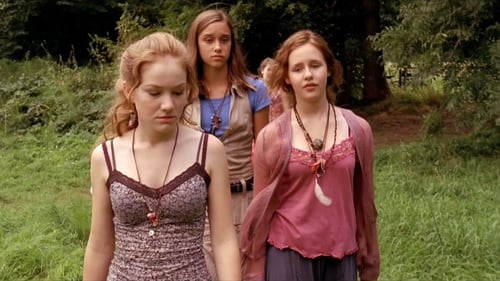
Oma Slättberg
The Wild Chicks are slowly growing out of their youthful gang years and have to face the worries of growing up on the sidelines of a big class trip before graduation.
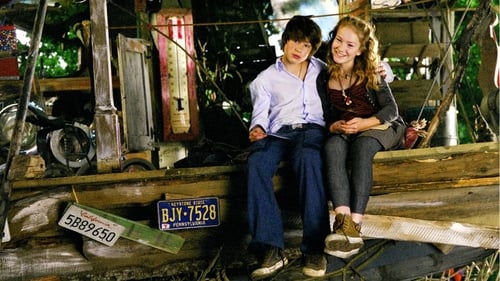
Oma Slättberg
Five teenage girls navigate the twists and turns of their complicated emotional lives, and learn the secrets of the heart through their friendship.

Mutter Eva Hellmann
The relationship between journalist Nina and her mother Eva has always been tense. One day Nina is supposed to be interviewing Richard Gere in Budapest. Her friend Flora and her mother Eva accompany her there. Flora succeeds in defusing the tensions between mother and daughter. Then Eva is suddenly admitted to the hospital. Nina's visit to her mother's sickbed is moving for both women.
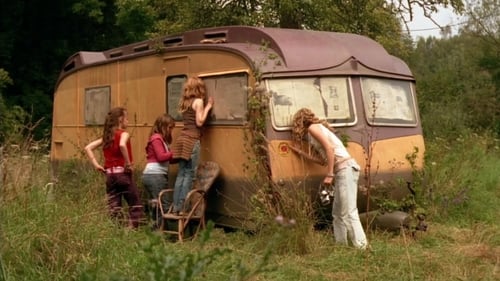
Oma Slättberg
Sprotte is about 12 years old and has a "gang" with her three friends Frieda, Melanie and Trude. Together the girls take Care of Sprottes grandmothers chickens. The new girl in School, Wilma, wishes to join the group, which Melanie is very unhappy about, and on top of all of that they have an on going revalisasion with a group of boys. Sprottes grandmother is planning on slaughtering the chickens! Will the Wild Chicks put Down their war with the boys? And Will they be able to save the chicken?

Lena Fischer ( 90 Jahre alt )
Después de la muerte de su padre, Hannah Weinstein, una periodista neoyorquina de origen judío, decide averiguar qué sucedió en 1943 en Berlín cuando su madre, Ruth, y su abuela fueron separadas por los nazis. Sus investigaciones la llevan a la capital alemana. Allí Lena Fischer le cuenta cómo salvó la vida de Ruth cuando los últimos judíos de la ciudad fueron sitiados por orden de Goebbles en febrero de 1943, momento a partir del cual la pequeña Ruth ya no volvió a ver a su madre. (FILMAFFINITY)

Herself
The history of a family, in the film business now for three generations, behind and in front of the camera. The film is not only a foray through the history of this remarkable family, but also through the history of German film and contemporary history as well.

Mutter Maureen

Dorle Pfaffel
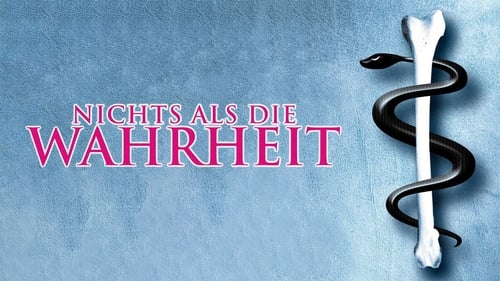
Hilde Rohm
The famous Nazi-Doctor Dr. Josef Mengele - the "death angel of Auschwitz", who killed more than 300.000 people - comes back from his hide out in Argentina to Germany as a 87 year old man. He must stand up in front of a court for his crimes. The young solicitor Peter Rohm has to defend him. But Peter Rohm - himself an expert on Josef Mengele and his crimes - feels unable to do this. When he decides to take on the case he endangers not only the relationship to his wife but also their lifes. A fictional story around the non-fictional person of Josef Mengele who died in 1979.

Mutter

Lilli
Beyond Silence is about a family and a young girl’s coming of age story. This German film looks into the lives of the deaf and at a story about the love for music. A girl who has always had to translate speech into sign language for her deaf parents yet when her love for playing music grows strong she must decide to continue doing something she cannot share with her parents.

Hilde

Psychiaterin
By 1941, Adolf Hitler had taken personal command of the German military apparatus. His initial successes made this seem like a good idea at the time, but by 1944, after an unparalleled series of military defeats that Hitler refused even to acknowledge, a group of high-ranking military and political figures in Germany decided to assassinate him and take over the government. Unfortunately for them, their assassination attempt failed, and the knives were out to find all the people involved in the attempt. The most wanted person in the coup was Carl Goerdeler (Dieter Schaad), a respected figure in German public life for many decades. Twenty years earlier, a girl by the name of Helene Schwärzel (Katherina Thalbach) met Goerdeler. After the coup attempt, during the nationwide manhunt, Helene recognized him and notified the authorities. In addition to receiving a huge reward, she became the focus of a nationwide propaganda campaign, and was widely resented for her "success."

Anna Färber

Mrs. Kraus

Self
Documentary about the shooting of BOURBON STREET BLUES.
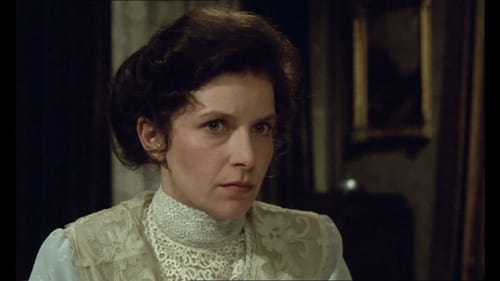
Clara Zetkin
República de Weimar (1919-1933). Una vez terminada la Primera Guerra Mundial (1914-1918), se produjeron en Alemania movimientos populares de protesta, al frente de los cuales se hallaban Rosa Luxemburgo y Karl Liebknecht, que fundaron un partido político revolucionario de carácter comunista: los espartaquistas.

Ruth, esposa de un célebre pacifista, tiene miedo de la gente. Olga, profesora de literatura y esposa de un exitoso director de teatro, conoce a Ruth durante unas vacaciones, y ambas se hacen amigas. Los hombres hablan, las mujeres escuchan, ignoradas por sus maridos...
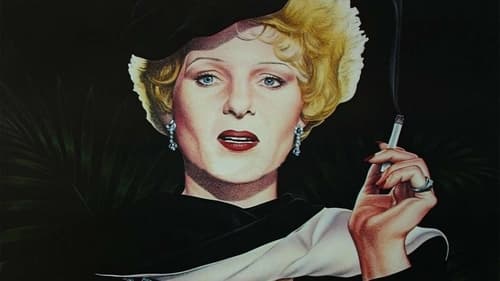
Josefa
Una famosa actriz alemana en el ocaso de su carrera recurre al alcohol y a las drogas con la esperanza de recuperar la fama perdida. Ésta es la última parte de la trilogía de Fassbinder sobre el desmoronamiento de los sueños de la Alemania Occidental de la posguerra.

die Mutter
República Federal Alemana, año 1968. Las hijas de un sacerdote, Marianna y Julianne, dedican su vida a luchar para cambiar la sociedad, reivindicando, por ejemplo, la legalidad del aborto. Sin embargo, eligen caminos muy diferentes para conseguir sus objetivos: Julianne, que es reportera, sigue una vía pacífica a través de la denuncia periodística. Marianna, en cambio, se une a una organización terrorista.

Hella Angenendt
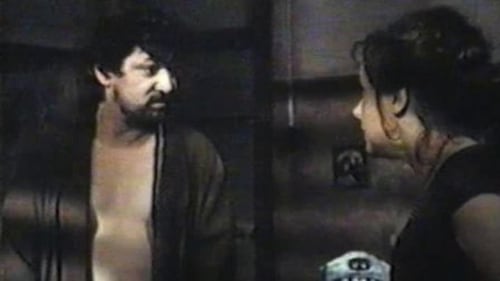
Mrs. Wire
An adaptation of Tennessee Williams' "The Lady Larkspur Lotion" created by Douglas Sirk with the assistance of his film students and Rainer Werner Fassbinder. It depicts the conflict between a dreamy, delusional heroine and her brusque, practical landlady, who wants to kick her out of her apartment.
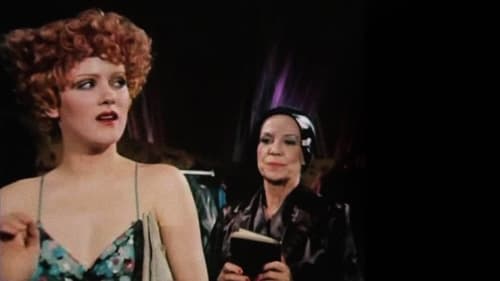
The main characters in this film are wives of rich men who have nothing to do because they have staff – like the cook, the maid, the hairdresser, the manicurist, the governess, the teacher, the tailor etc. – who work for them. Naturally, the wives themselves do not pursue careers, they depend on their husbands’ money. This is why most of their thoughts revolve around the husband. And because the husband only appears as “the” man, there is no man in this film. All women fight for the same man. Those who have one, want to keep him no matter what. And those who do not have one yet only have one goal: To take away somebody else’s husband.

Doris
The main characters in this film are wives of rich men who have nothing to do because they have staff – like the cook, the maid, the hairdresser, the manicurist, the governess, the teacher, the tailor etc. – who work for them. Naturally, the wives themselves do not pursue careers, they depend on their husbands’ money. This is why most of their thoughts revolve around the husband. And because the husband only appears as “the” man, there is no man in this film. All women fight for the same man. Those who have one, want to keep him no matter what. And those who do not have one yet only have one goal: To take away somebody else’s husband.

Jenny Diver

Anna Sartorius

Madame Pitot

Mary Moylan

Rebecca

Bettina Clausen

Minni

June Darwin

Mrs. Hielscher
"The ancestors heritage" - The Ahnenerbe was a scientific institute in the Third Reich dedicated to research the archaeological and cultural history of the Aryan Race. The films deals with trials against the guilty ones of this part of the Holocaust.

Mrs. Arbuthnot

Frau Brausewetter

Maria Rampendahl

Rosa Picaluga

Rosetta

Hansi Brand















